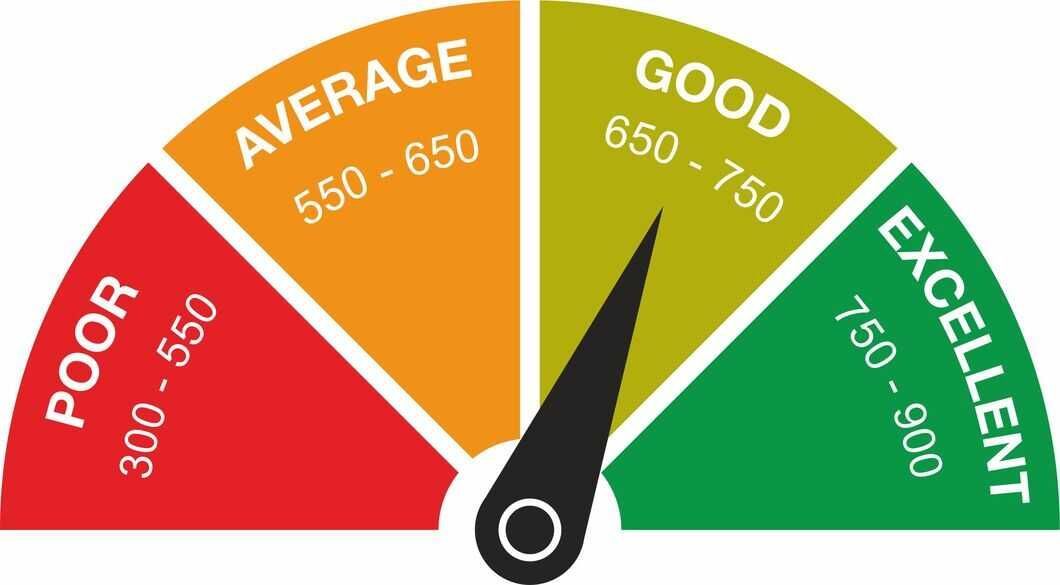Credit Facts

FAQ
Guides and tips for YOUR financial management
Financial management is crucial for achieving your financial goals and maintaining overall financial well-being. Here are some guides and tips to help you with financial management:
Create a Budget:
- Make a detailed list of your monthly income and expenses.
- Categorize your expenses into fixed (e.g., rent, utilities) and variable (e.g., entertainment, dining out).
- Ensure that your income covers your expenses, and allocate some funds for savings.
Emergency Fund:
- Build an emergency fund to cover 3-6 months' worth of living expenses.
- This fund acts as a safety net in case of unexpected expenses or job loss.
Save and Invest:
- Develop a savings plan and set aside a portion of your income for savings.
- Consider investing for long-term financial goals. Diversify your investments to manage risk.
Debt Management:
- Prioritize paying off high-interest debt, such as credit cards, to save money in the long run.
- Create a debt repayment plan and stick to it.
Credit Score Monitoring:
- Regularly check your credit report for errors and monitor your credit score.
- A good credit score is essential for obtaining favorable loan terms.
Educate Yourself:
- Stay informed about personal finance topics and investment options.
- Attend workshops, read books, or follow reputable financial websites for updates.
Seek Professional Advice:
- Consider consulting with a financial advisor for personalized guidance.
- Professionals can provide insights on investment strategies, tax planning, and overall financial health.
Financial Goals:
- Set specific, measurable, achievable, relevant, and time-bound (SMART) financial goals.
- Regularly revisit and adjust your goals as your financial situation evolves.
Remember, financial management is an ongoing process, and developing good habits can lead to long-term financial success. Tailor these tips to your specific situation and consult with financial professionals when necessary.
